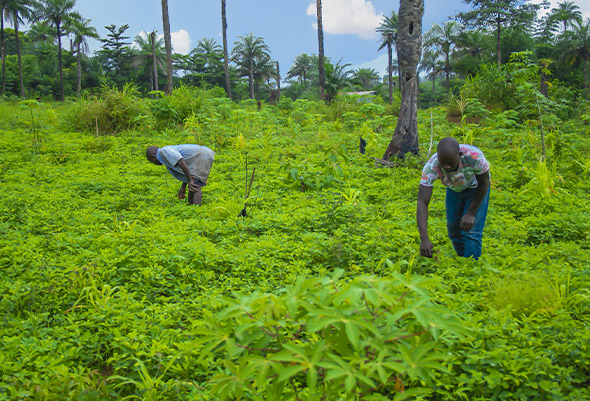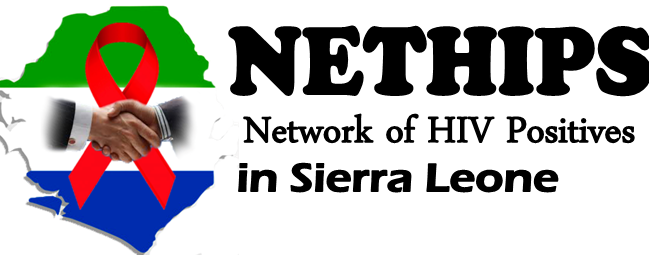Livelihood enhancement for recipients of care is a critical bedrock to HIV control in Sierra Leone. While economic disparities largely contribute to new infections; out of pocket expenditure, uptake of HIV service and adherence to treatment have been affected due to limited livelihood opportunities particularly among young people and women. NETHIPS focuses on livelihood interventions to support economic empowerment of their members.

